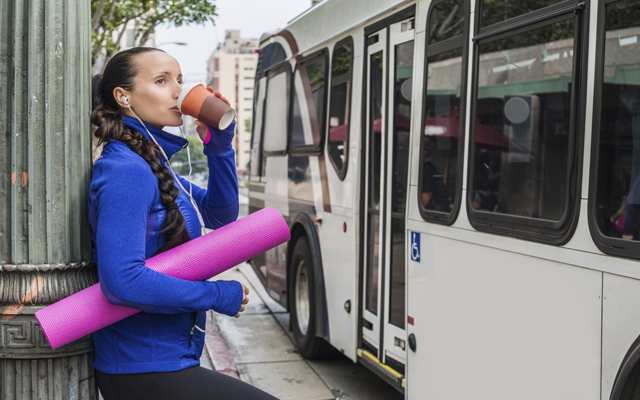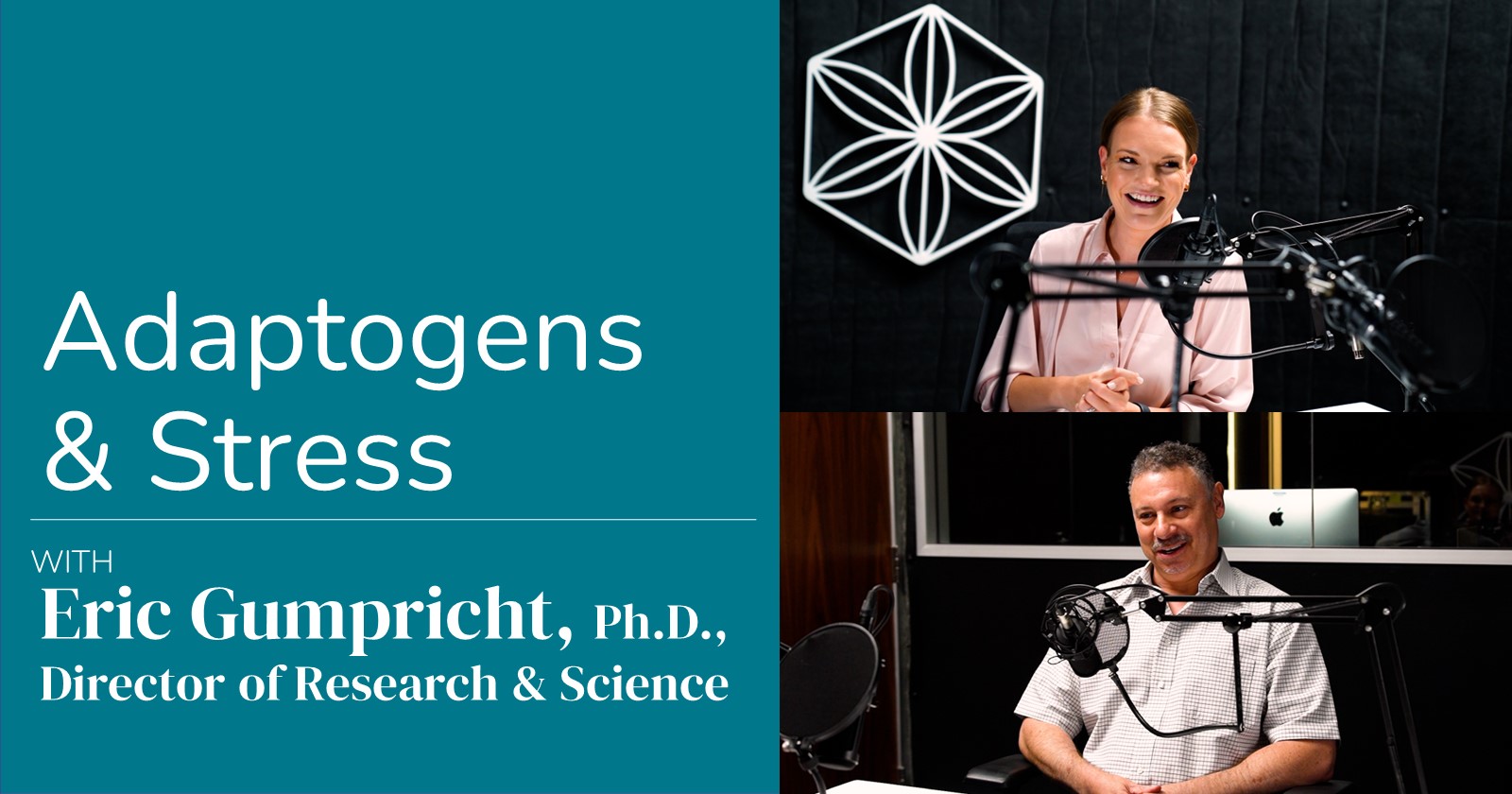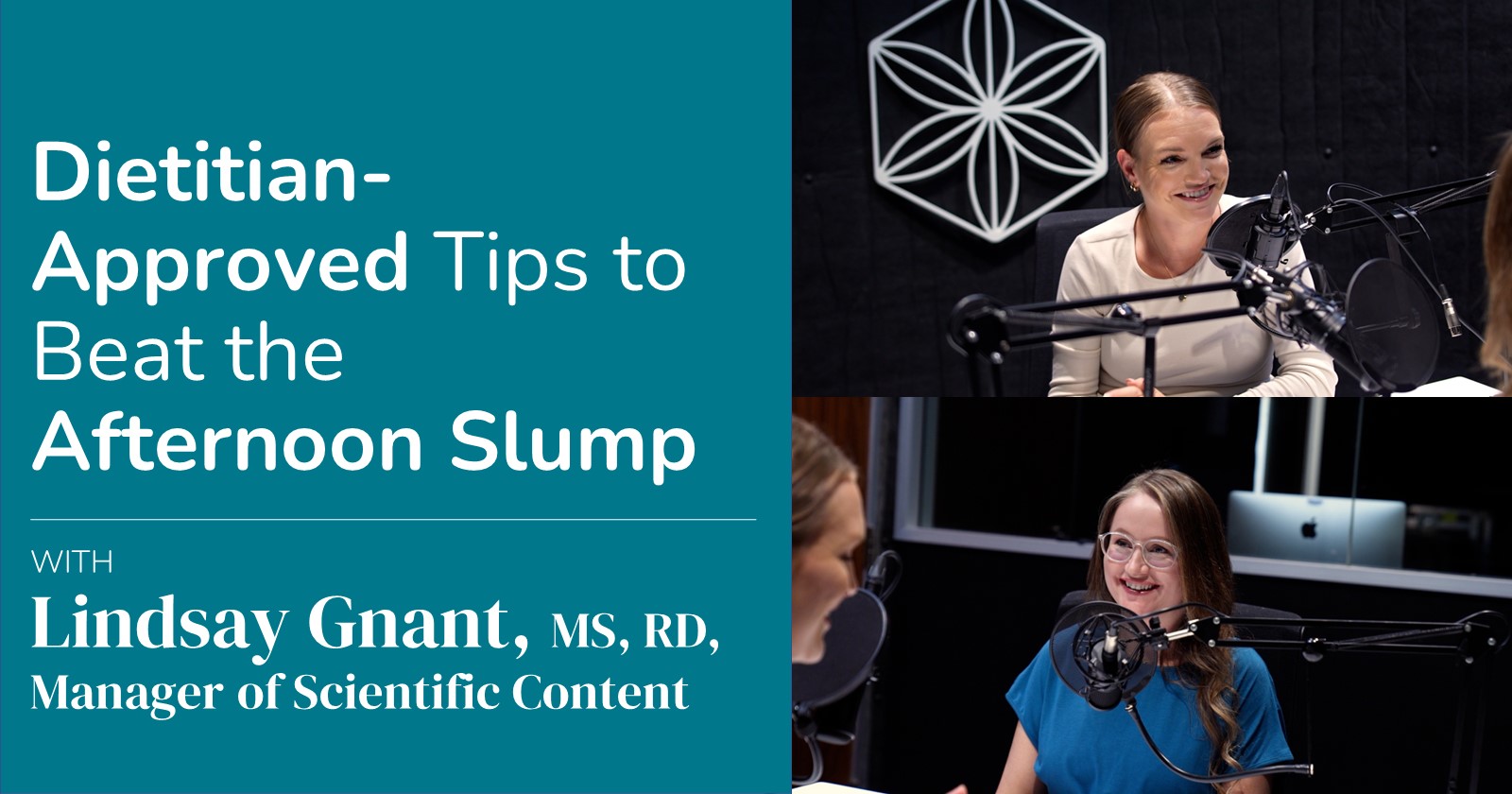Many enjoy the caffeine in coffee as a morning pick-me-up or use products containing caffeine before working out to help boost their performance. But new research suggests that the caffeine in coffee may also have positive effects after training.
These findings suggest that a post-workout coffee could be as beneficial to performance as pre-workout caffeine.
From earlier research, evidence already suggested that a post-workout dose of caffeine may have beneficial effects on restoring carbohydrates in muscle though a process called glycogen resynthesis (1). Glycogen resynthesis is a key part of the recovery process because restoring fuel in muscles is vital for supporting exercise performance.
Before these findings, sports nutritionists assumed that consuming caffeine after prolonged exercise would actually hinder the resynthesis of glycogen and carbohydrate absorption. Now we know they were wrong because exercise appears to completely change the impact that caffeine has on the body.
In trained subjects, a more recent study found that drinking a large amount of coffee with a carbohydrate has an additive effect on rates of post-exercise muscle glycogen compared with consuming carbohydrate alone (2). The newer research suggests that more carbohydrate was available in muscle for fuel during the next workout.
Later, another study went beyond testing just the amount of glycogen that was transported into the muscle. The study investigated how caffeine affected subsequent training performance by using a high intensity interval running capacity test (3). The trained subjects’ high-intensity running capacity was increased by 50 percent over consuming carbohydrates alone after an initial training session.
Sports scientists have long known that performing repetitive training sessions with reduced muscle glycogen could lead to lower power output and performance. Other problems associated with suboptimal muscle glycogen can also include reduced muscle mass due to excessive protein oxidation (using muscle tissue as a fuel source) and impaired immune function (4, 5).
Athletes who are serious about wanting to compete at an optimal level of performance should look to combining caffeine with carbohydrates post-exercise to optimize glycogen synthesis. With the addition of caffeine, athletes can enjoy the benefits of more energy and increased fuel for muscles.
Having a cup of coffee before a hard morning run or with your post-workout meal now certainly makes sense. This scientific information could significantly improve not only your exercise experience, but may help you pump up the intensity during your next workout.
References
- Battram DS, Shearer J, Robinson D & Graham TE. Caffeine ingestion does not impede the resynthesis of proglycogen and macroglycogen after prolonged exercise and carbohydrate supplementation in humans. J Appl Physiol. 2004 Mar;96(3):943-50.
- Pedersen DJ, Lessard SJ, Coffey VG, Churchley EG, Wootton AM, Ng T, Watt MJ & Hawley JA. High rates of muscle glycogen resynthesis after exhaustive exercise when carbohydrate is coingested with caffeine. J Appl Physiol. 2008 Jul;105(1):7-13.
- Taylor C, Higham D, Close GL & Morton JP. The effect of adding caffeine to postexercise carbohydrate feeding on subsequent high-intensity interval-running capacity compared with carbohydrate alone. Int J Sport Nutr Exerc Metab. 2011 Oct;21(5):410-6.
- Howarth KR, Phillips SM, MacDonald MJ, Richards D, Moreau NA & Gibala MJ. Effect of glycogen availability on human skeletal muscle protein turnover during exercise and recovery. J Appl Physiol. 2010 Aug;109(2):431-8.
- Gleeson M & Walsh NP. The BASES expert statement on exercise, immunity, and infection. J Sports Sci. 2012;30(3):321-4.





